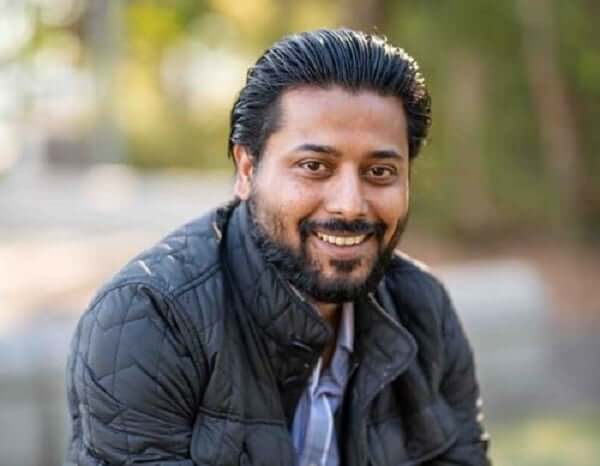Jayant Sharma’s career, and his journey to recognition as one of the 40 Under 40 most influential Asian Australians, has been one of humility and passion.
An engineer-turned consultant – and recently, also a filmmaker – ‘Jay’ sees the award not only as an honour, but the bestowal of a responsibility to recognise those who have come before him, and to give back to the community at large.
Jay’s career began early – even while earning his Bachelors in Mechanical Engineering and an MBA from the Faculty of Management Services at the University of Delhi, Jay was working in the engineering sector – first with Maruti, and then in a pivotal role with Tata Motors, on the Tata Nano dream project building the world’s cheapest car for India’s common man. “The exposure [on the Tato Nano project] set me up – it helped me to understand the possibility to go big, think big, and innovate big,” says Jay.
After earning his MBA, Jay spent over a decade working in Accenture’s consulting business, gaining experience across several industry sectors, including in New Delhi, Johannesburg and finally in Sydney.
“While I was at Accenture, that was when India was becoming a global powerhouse of talent,” recalls Jay. “Before that, you would typically see Indian businesses with foreign consultants. [Accenture] was the first time I saw the collection of this group of global talent innovation, where we went and serviced clients across the world using talent in India.”
Now a partner at EY – having spent a five-year stint as a partner at Infosys – Jay acknowledges that the 40 Under 40 award is a moment of broad reflection. “I’m not the one for awards and credentials. When I received the award, my honest response was, ‘This is just another spin-off piece of PR’,” laughs Jay. “But when I was sitting there and they called out my name and people congratulated me, I realised it’s time to sit and reflect on the hard work – not by me, but by the previous generations who helped get me here.”
READ ALSO: Dr Sonu Bhaskar: 40 Under 40 Asian Australians

He went on, “My grandfather was a farmer who moved to the city with his siblings and his 5 children, staying in a small room. Now, all the way from there to me being an influential Australian, across a timeline of 50 years – it’s a massive journey for my family. But I also have a responsibility for my community, especially after seeing the under-representation of Indians in the room [at the awards night]. India will always be an area of passion for me. This pushes me to give back more to my motherland.”
Jay is acutely aware that Indians are under-represented in partnerships and C-suites across Australia.
“It’s a problem that I’ve well and truly understood and experienced throughout my career,” acknowledges Jay.
He hopes that over time, as more generations of Indians grow up in Australia, and social cohesion improves, representation will improve.
“In some ways, it’s the same problem as when kids change schools,” says Jay. “It takes them a year to settle down. But when migrants move to a new country, it can take a generation to settle down.”
It’s a challenge that Jay is also addressing in his own unique way. A keen entrepreneur, Jay was involved in securing VC funding for a number of businesses in the early 2000s – and nowadays, Jay is also passionate about filmmaking, and enjoys writing and directing films. Through his company 24Six Films, Jay tells stories about issues impacting Indians, including on anti-racism and bridging generational and cultural gaps. Jay hopes it’s a venture he can use to help bring the Australian and Indian film industries closer together.
Jay has two simple pieces of advice for young professionals: one, to find an area of passion and to stick with it, and two, to never compromise your personal life for work.
READ ALSO: 7 Indian-origin women in Forbes’ ’50 Over 50′ list of 2022





